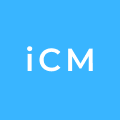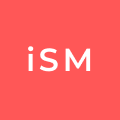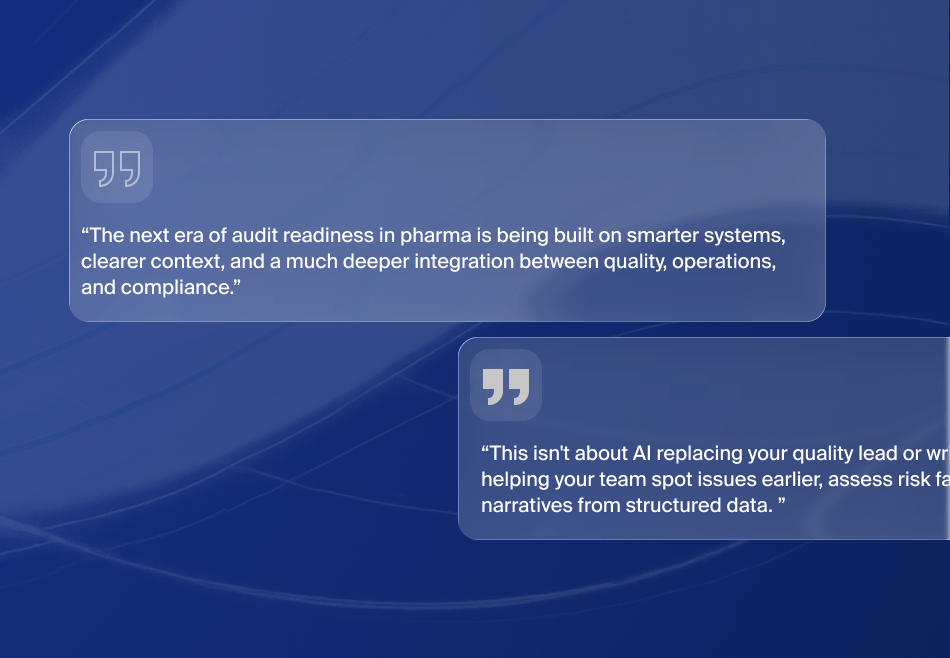At a Glance
- The year 2020 showed the world that every sector has to be prepared for disruptions of unprecedented scales. This has been especially true for the pharma industry, which already had stagnant operational models and a lack of consumer connection.
- Working on a new pharmaceutical strategy model is a necessity and top executives at pharma companies concur that there is a need for integration of the latest technologies in pharmaceutical and life sciences operations.
- Industry leaders have demonstrated that during difficult times they are able to quickly respond to changes and are nimble in adopting newer ways of running operations. This quick-to-adopt way of leading will enable pharmaceutical companies to succeed in the new normal.
- Agile technologies and tools that streamline processes will be indispensable in the latest roadmap of pharmaceutical strategy.
The pharmaceutical sector has been traditionally apprehensive towards adopting newer technologies and methodologies. Compared to other industries, operations management within the pharmaceutical industry has not been quickly modified or completely transformed. C-suite executives are now looking to overhaul their pharmaceutical strategies ensuring growth in the new normal.
During the pandemic pharma supply chains were adversely impacted and witnessed supply-demand discrepancies. Companies that could quickly adapt rose to the challenge. The spirits have changed since the onset of the pandemic and so has the market. Thanks to visionary leaders, pharmaceutical companies began work on something that the world had never witnessed before – to develop and test drugs/ vaccines for a novel pathogen in mere months’ time since the gene identification.
70%
of leading pharmaceutical executives (respondents of the survey) were optimistic that the industry will continue to grow over the next 12 months.
Source: GlobalData Survey
This optimism calls for a strategy that enables companies to –
- get their supply chains back on track
- optimize operations
- effectively handle the shortage of workforce
- leverage the latest technologies for accelerated production and overall better
- create more personalized patient connections.
However, the path ahead is not without its set of challenges. After all, the pharmaceutical sector has been conventional in its outlook when it comes to newer technology adoption. There are also challenges related to budget, upskilling of employees, technological glitches and more. Companies need to gauge the path ahead and handle the challenges faced by pharmaceutical industry in 2020 and beyond.
Steps towards Transforming Pharmaceutical Strategies
1.Recognize Best Practices and Retain Them:The path to recovery is a tough one as it involves undergoing quite a metamorphosis. However, this does not entail letting go of all the practices. Pharma executives would need to analyze their operations and chalk down the practices, tools and technologies that have worked the best for them and also have the potential of harnessing benefits in the future. Continuing these practices will make restructuring in other facets of pharma operations a relatively smoother task.
2.Restructuring Assets for Process Streamlining: Be it the shop floor operations or inventory management or handling the entire supply chain– a new pharmaceutical strategy would be truly beneficial when pharma companies reassess and restructure their assets. This would fortify individual practices resulting in overall process optimization. It would also help to let go of stagnant and redundant technologies or practices to make way for more agile tools.
Figure: 1Pharmaceutical Strategies Breakdown: Towards the New Normal
3.Adopting Digital Drivers of Change: The new normal is eventually going to be the only normal and thus pharmaceutical companies need to harness potential through digital tools and technologies. After retaining the best and letting go of the redundant, pharma operations would benefit greatly by using tools for Enterprise Resource Planning (ERP), Supply Chain Management (SCM), Customer Relationship Management (CRM), Artificial Intelligence (AI), Machine Learning, Big Data, Advanced Analytics etc. These tools and technologies would help in process automation, centralized data access, real-time supply chain monitoring and a lot more. Many pharma companies are looking at the digital revolution as their segue to pharma 2.0.
For instance, pharma giant Sanofi has already rebooted it’s digital strategy and is now ramping up operations in marketing, research and even e-commerce.
4.Moving from a Product-centric to a more Patient-centric Model:The healthcare sector is transforming and is becoming more personalized. With access to information and medical assistance becoming quite easy through smart devices, the consumers are highly aware of what they want. This is the pharmaceutical sector’s chance to connect with their end-users and know their requirements. The overall shift to become a patient-centric industry would take time and effort, but it is the right step. In fact, patient-centricity is already one of the key goals for many pharmaceutical companies, contract research organizations (CRO’s) and contract development and manufacturing organizations (CDMO’s). For example, the contract research organization, Parexel has hired its first-ever chief patient officer, with a focus on boosting clinical trial diversity for better results and ensuring that their drug is scalable to multiple demographics.
These points of considerations serve as the platform for companies to work on their renewed pharmaceutical strategies. Of course, every company has its unique set of operations, models and unique challenges. However, optimizing operations and leveraging digital technology to expedite growth are common must-haves for a pharmaceutical company’s renewed business approach. After all, the new normal will bring as many opportunities in the form of challenges and a well-equipped pharmaceutical company can harness the most out of its investments and talent-pool.
Key Takeaways
- Even though the pharma sector has been slow to adapt to newer technologies, the dynamic changes in the past decade seemed to have enabled the industry to step up to the challenges posed by the Covid-19 pandemic.
- A change in perspective is essential for success in the new normal and to rethink pharmaceutical strategies. Equally important is the communication of the perspective of this change from top management to employees.
- Pharmaceutical companies would need to make use of the data being collected to generate insights and know exactly what their end-users need. Transforming to a more patient-centric business with the help of the right digital platform is the need of the hour.
Book Your Consultation For A Pharmaceutical Digital Strategy.









